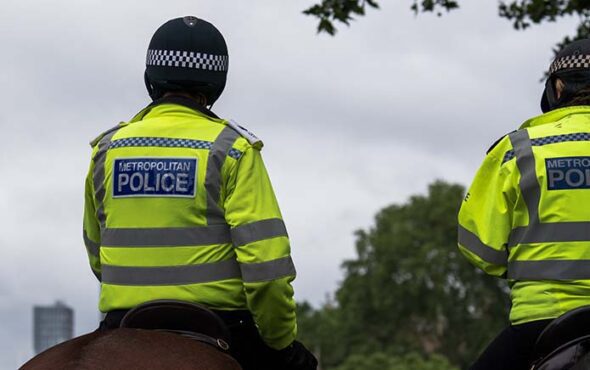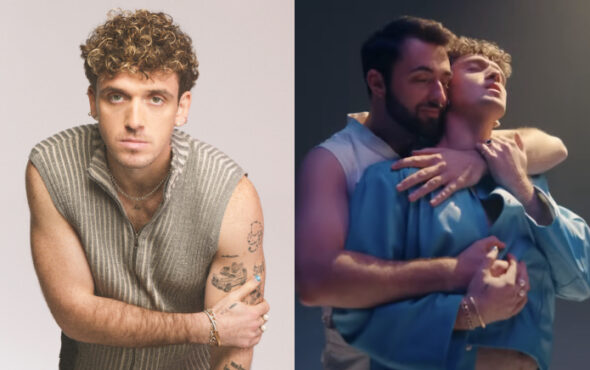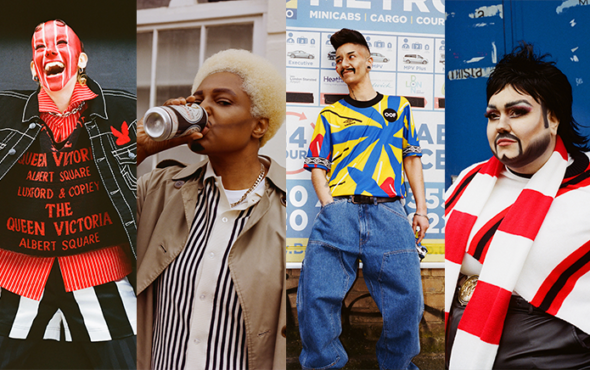
A former senior police officer alleges that he was told to behave “like a straight white man” at work.
Brian Paddick, a former police chief who became the UK’s most senior gay officer, has shared the discrimination he faced during his time on the force.
Speaking on BBC Radio 4’s Today programme on 1 October, the ex-officer says more diversity is needed to combat issues like this in policing.
He explains: “We need more women leaders, but more importantly we need police leaders who recognise the problems with prejudice in the police service, whether it’s sexism or racism or other forms of prejudice, who are prepared to acknowledge that these problems exist and who are prepared to do something about them. At the moment all we get is denial.”
Paddick also commented on “widespread sexism in the force” before claiming that diversity is considered to be fine – so long as you behave in a certain way.
“It was interesting, when I was in the police I was told it was okay to be a woman, or to be gay, or to be Black, provided you behaved like a straight white man,” he shares.
Now a Liberal Democrat peer, Paddick says leaders need to acknowledge prejudice in the force to overcome it.
His words come just one day after police officer Wayne Couzens was given a whole life sentence for the kidnap, rape and murder of Sarah Everard.
Couzens used his status as a member of the police to make Everard think she was under arrest for breaching COVID-19 lockdown regulations, igniting a nationwide debate over women’s safety in the UK.
“The fact is women are safe with the overwhelming majority of police officers but it’s the perception that needs to be addressed,” Paddick believes.
“That requires short term and longer term solutions. A third of police constables nationally are now women and that needs to be improved, obviously.”
Paddock, who first joined the Metropolitan Police in 1976 before retiring in 2007 as deputy assistant commissioner, thinks the “perception” of the police is the issue.
“We need to get to a situation where women victims tell other women that they were treated well by the police so that it changes the perception amongst women,” Paddick said.
“It is the perception that needs to be addressed, not necessarily the reality.”



